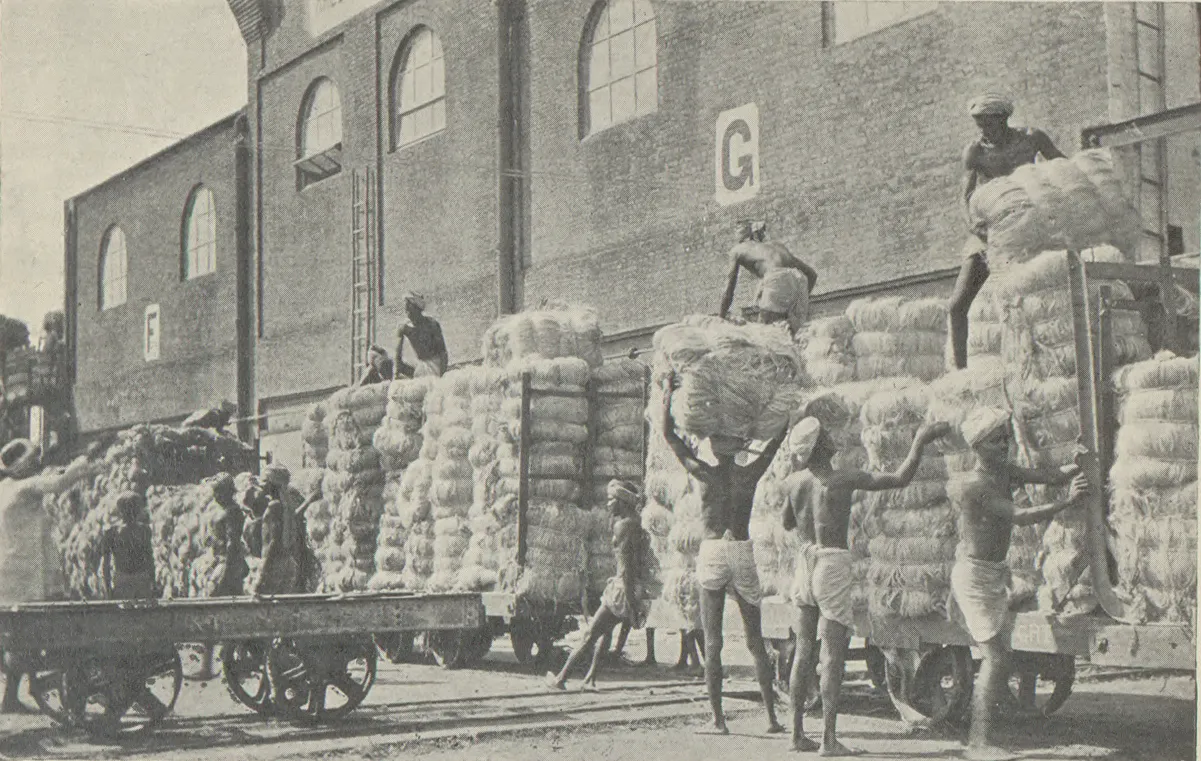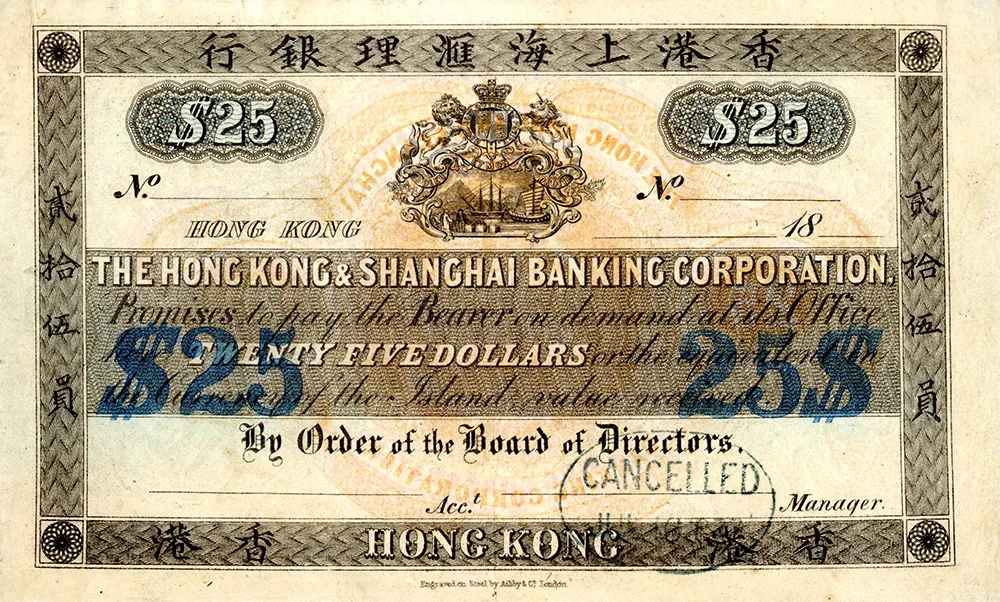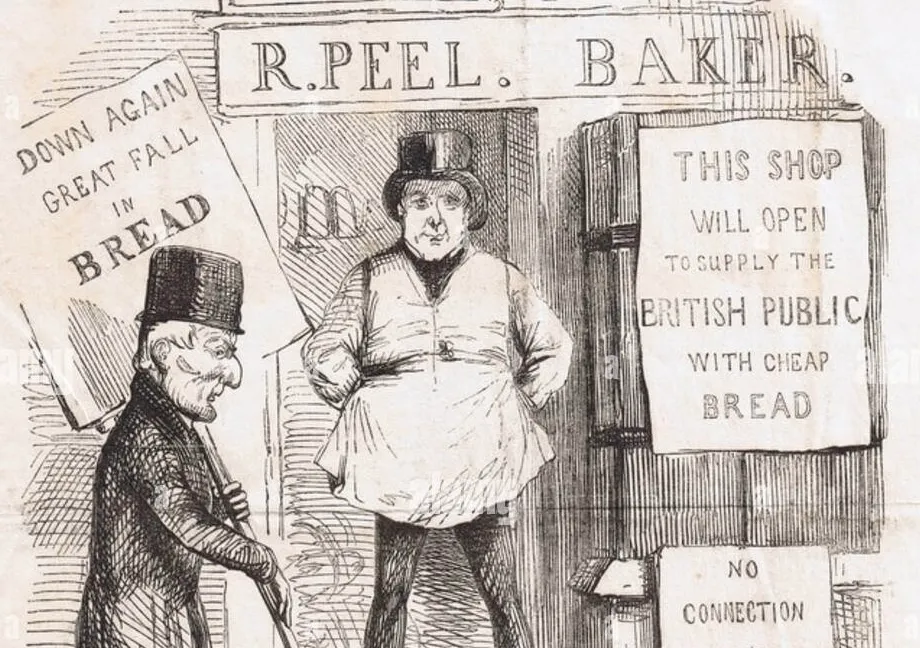“An Explosion Took Place”: Teaching the Consequences of Coal Mining
Discussion of using primary sources to teach the effects of nineteenth-century coal mining.
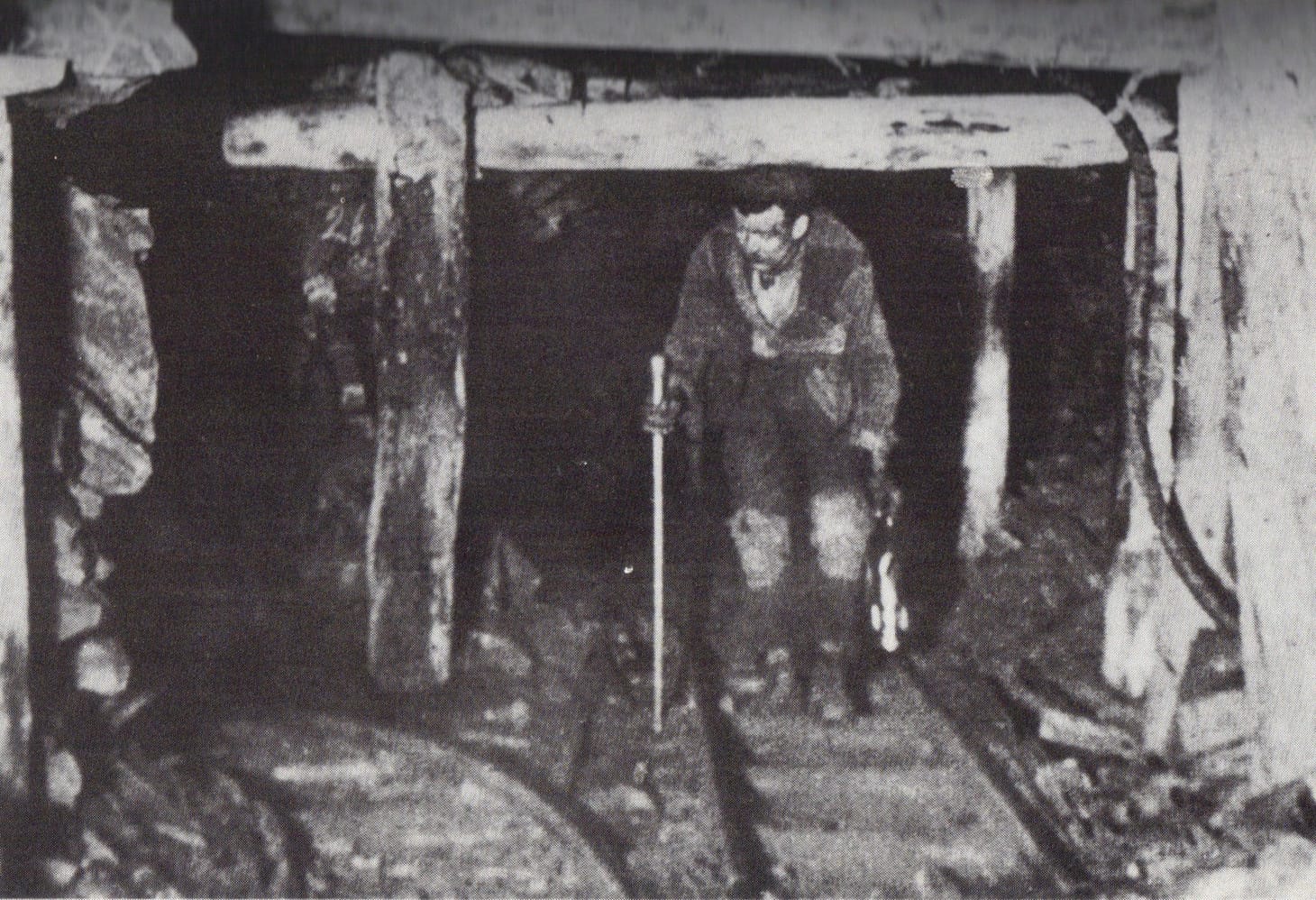
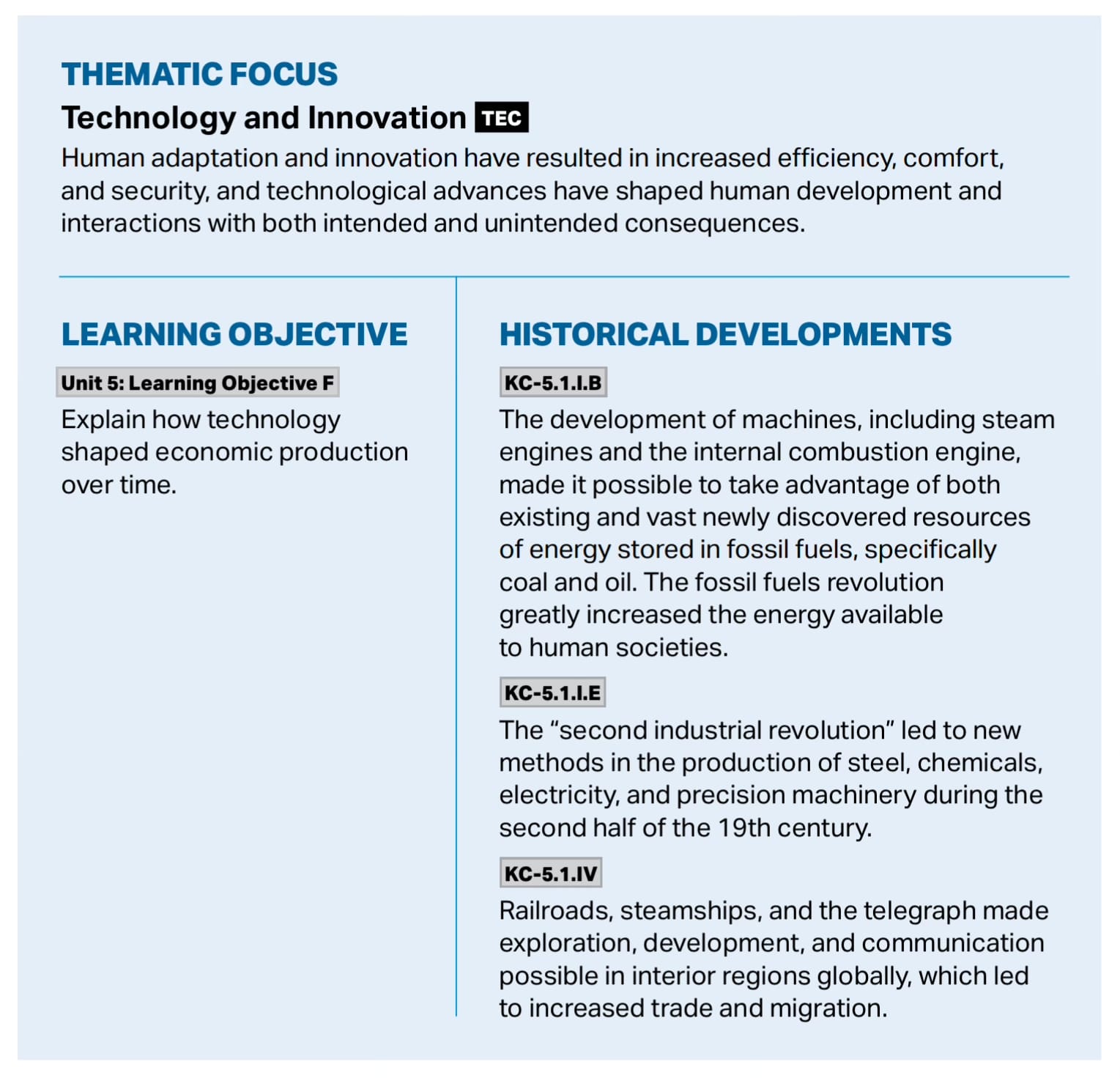
Fossil fuels were critical to the Industrial Revolution. Without accessing the untapped energy in coal and oil, it’s impossible to imagine the rapid productivity increases associated with industrialization. While it’s important to help students understand how industrialization contributed to economic growth, we also should help students understand the unfortunate consequences of exploiting fossil fuels. There are long-term environmental consequences associated with the burning of fossil fuels, which have contributed to climate change. There were also short-term risks for coal miners.
The Sources
This Content is for Subscribers on the Buy Me Lunch and Buy Me Dinner tiers
SubscribeAlready have an account? Log in

